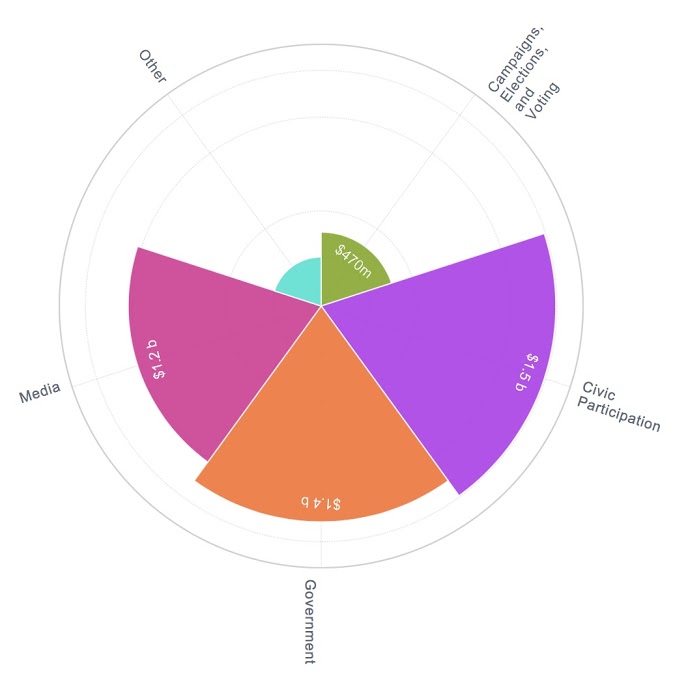We Need To Talk: It's Time to Create and Fund Our Future

Collectively, there are thousands of organizations and funders already working to improve our country. So why does our country appear to be a mess?
The weakest part of our country is our willingness to live in a narrative/news stream that confirms our own bias and demonizes others. We could make our collective work exponentially more effective by fostering strong relationships among people of different viewpoints.
Our current frayed social fabric is the result of “winner take all” politics, party loyalty over patriotism and is exacerbated by attacks from foreign influencers who manipulate us through social media and propaganda. Only We the People can change our attitudes and behavior to stop it.
Foundations have spent or committed $4.1 billion since 2011 to strengthen our democratic republic. And yet, the results are not recognizable to the average American. What will it take to continue to progress the ideals of our country and the future we want to create in this environment of turmoil and chaos?
Some of the most well-known movements in the last decade have started in a seemingly spontaneous manner following years of build-up. Think of the Tea Party in 2009, Occupy Wall Street in 2011, and #MeToo in 2017.
Collectively, the citizens and organizations that comprise our current post or cross-partisan movement are very energetic, and we are not yet coalesced. Largely because our biology is focused on what we DON’T want instead of what we DO want.
Creating and funding our shared future requires a shared vision of what we want -- beyond avoiding the crisis of the current moment. It is our dreams, goals, and visions combined with a solid strategy and certain resources that will sustain us, long-term.
46,097
$4.1 Billion
5,419
5,902

- Talk, debate and deliberate to create a future vision we WANT to share. (Maybe sign up for the National Week of Conversation, April 20-28, 2018).
- Talk, debate and deliberate the tactics needed to support the shared vision.
- Fund the leaders, programs and organizations who have the skills and capacities to turn deliberation into shared action.



